Special Report
19 Genius Inventions That Can Stop Us from Using So Much Plastic
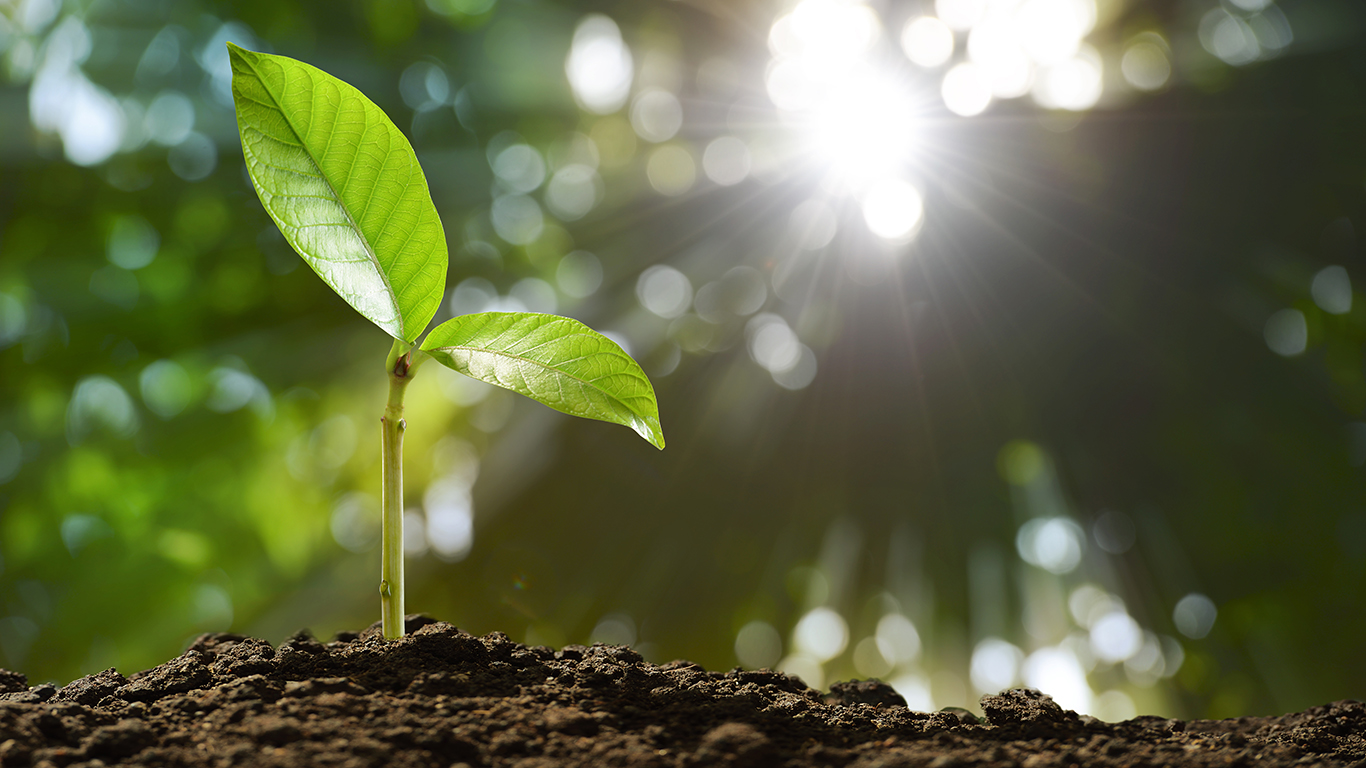
Published:
Last Updated:

Plastic was considered one of the greatest inventions of the 20th century. Available from the early 1900s, plastic was an absolute hit by the 1960s. It’s hard to imagine what the modern world would look like without plastic. But it turned out too good to be true.
Different kinds of plastic take anywhere between 400 and 1,000 years to degrade in a landfill. About 91% of it isn’t recycled. This means that most of the more than 6.3 billion metric tons of plastic products that have ended up as trash is still around. So much plastic is thrown away every year that it’s enough to circle the Earth four times.
We are not only hurting the environment by using so much plastic, we are damaging our own bodies and sea life. Chemicals in plastics interact with hormones and may lead to numerous health problems, including heart disease (these are the states with the most heart disease) and diabetes (these are the warning signs you might have the condition). Plastic fragments from bags, bottles and other items that are laced with chemicals can be ingested by marine animals and poison them.
As the negative environmental effects become known, the world is beginning to reconsider plastic’s usefulness. Many countries and cities are trying to deal with modern life’s dependency on the material by banning single-use plastics.
Several big companies are also trying to reduce their environmental footprint. Starbucks, for example, is selling reusable mugs for $1, which you can use to get a 10% discount off your drink.
In addition to governments and companies, individuals are thinking of ways to reduce the need for plastics. They are coming up with sustainable products – from straws to bins, bottles and even dishwashers — that change the world one piece of plastic at a time.
Click here to read about 19 genius inventions that can stop us from using so much plastic.
To compile a list of eco-friendly inventions that can replace plastics, 24/7 Tempo reviewed news stories about biodegradable products, as well as articles on sustainable inventions by nonprofit organizations known for their work to protect the environment.
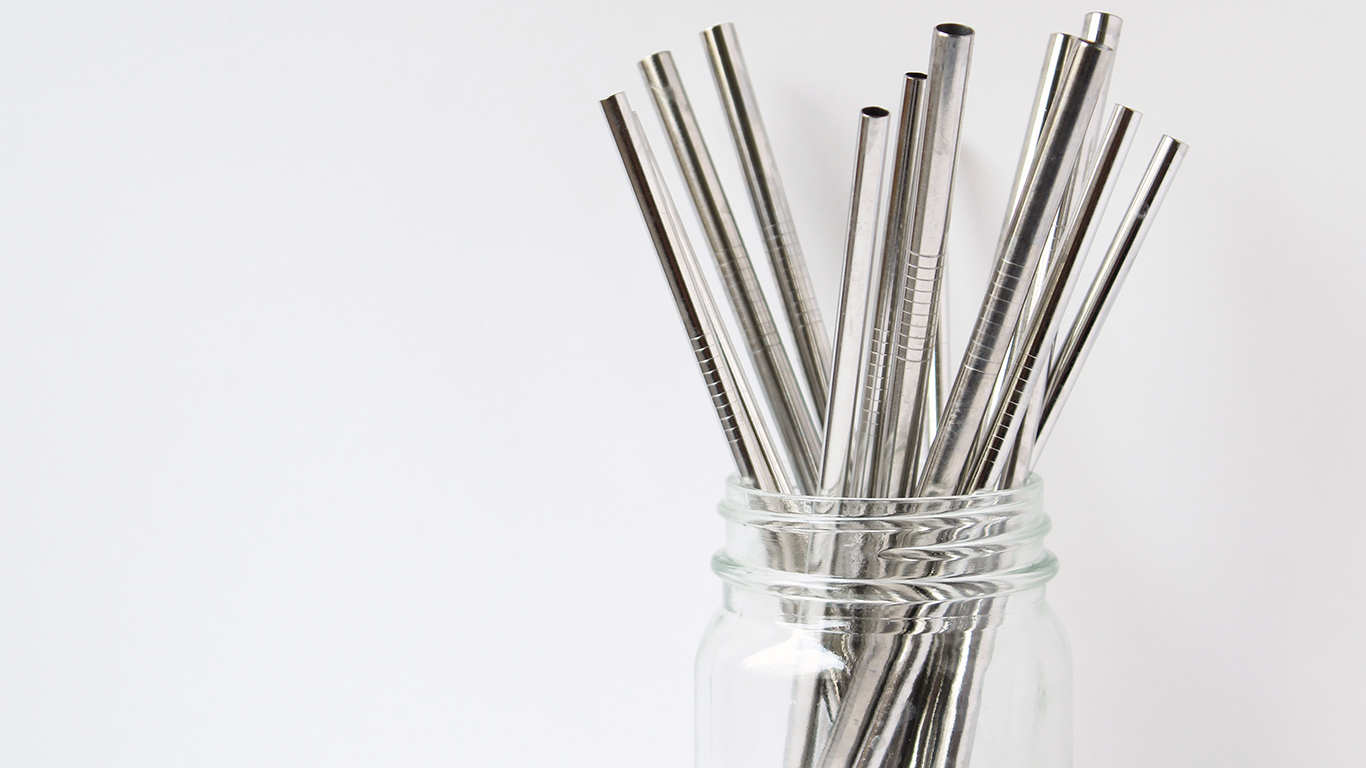
Stainless steel straws
Plastic straws are everywhere. Up to 8.3 billion plastic straws are lying on shores all over the world, often ending up in the digestive systems of marine life. These items have become such a huge problem, more and more countries and cities are banning them altogether or restricting their use. Reusable metal straws could help replace disposable plastic ones.
[in-text-ad]
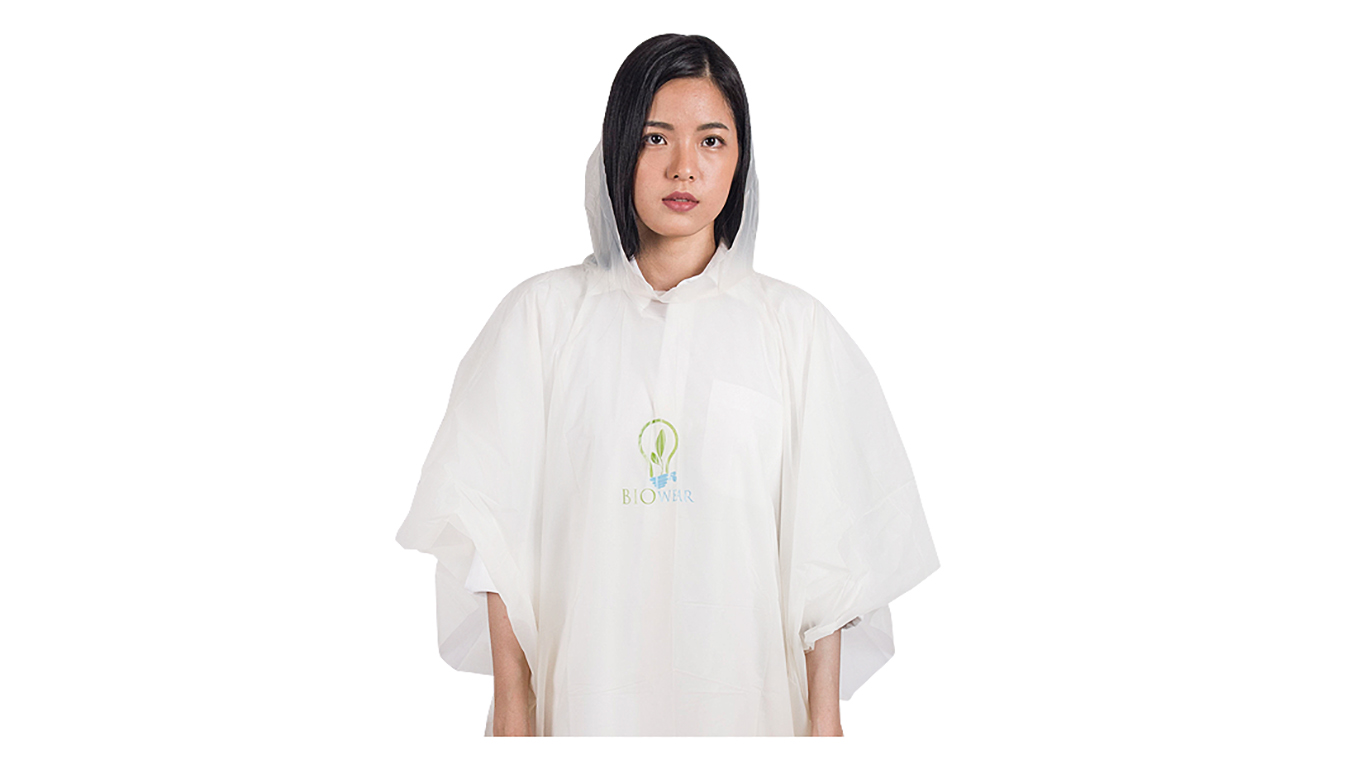
Cassava ponchos
Vinyl ponchos are arguably a lot more comfortable to wear on a rainy day than carrying an umbrella. The problem is that most of these ponchos will be thrown away after a few uses, but will not decompose for millions of years. So one man with a biology degree from Indonesia created ponchos, bags and food packaging from cassava, a common vegetable found across the country.
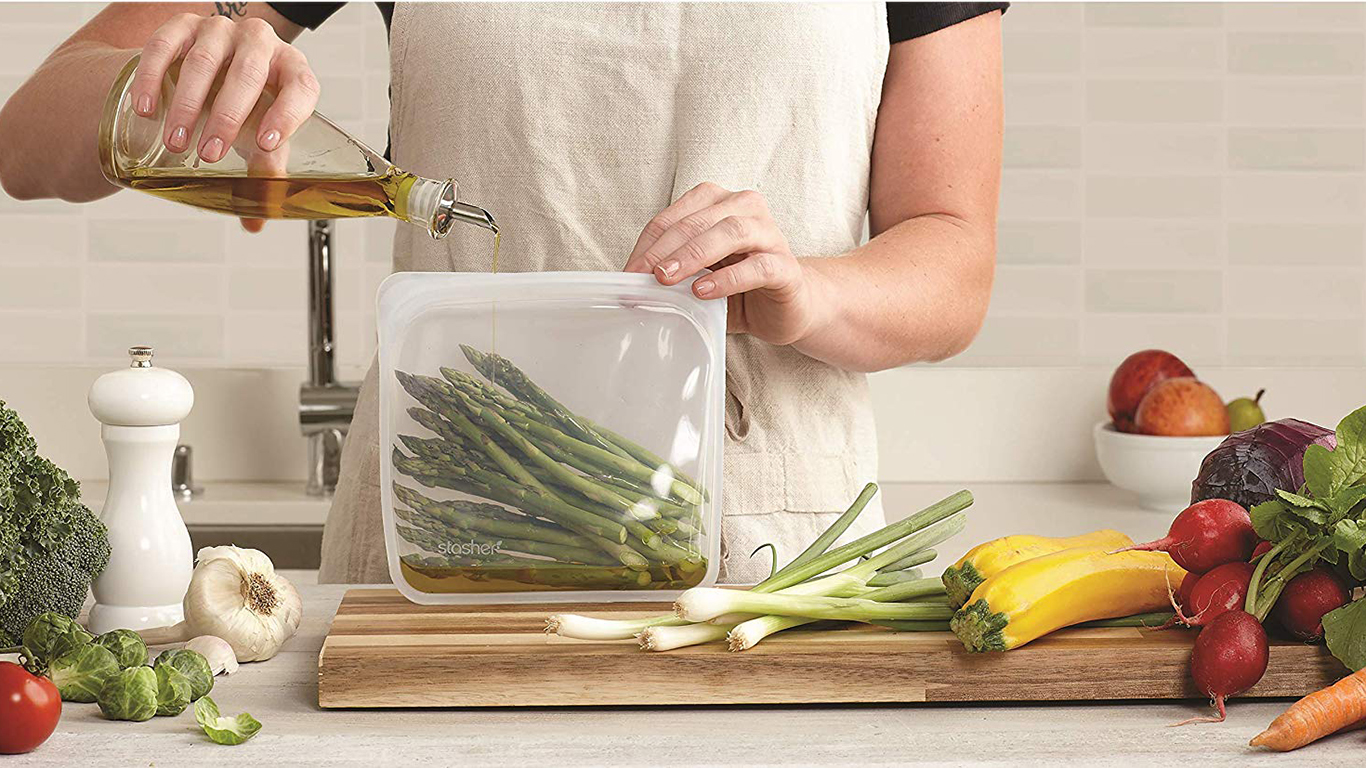
Silicone food bags
Just imagine how much trash you would avoid accumulating if you didn’t have to throw out plastic sandwich bags. Made from 100% pure platinum silicone, these storage food bags are fully functional, self-sealing, and, most importantly, non-plastic. They are airtight as well as leakproof.
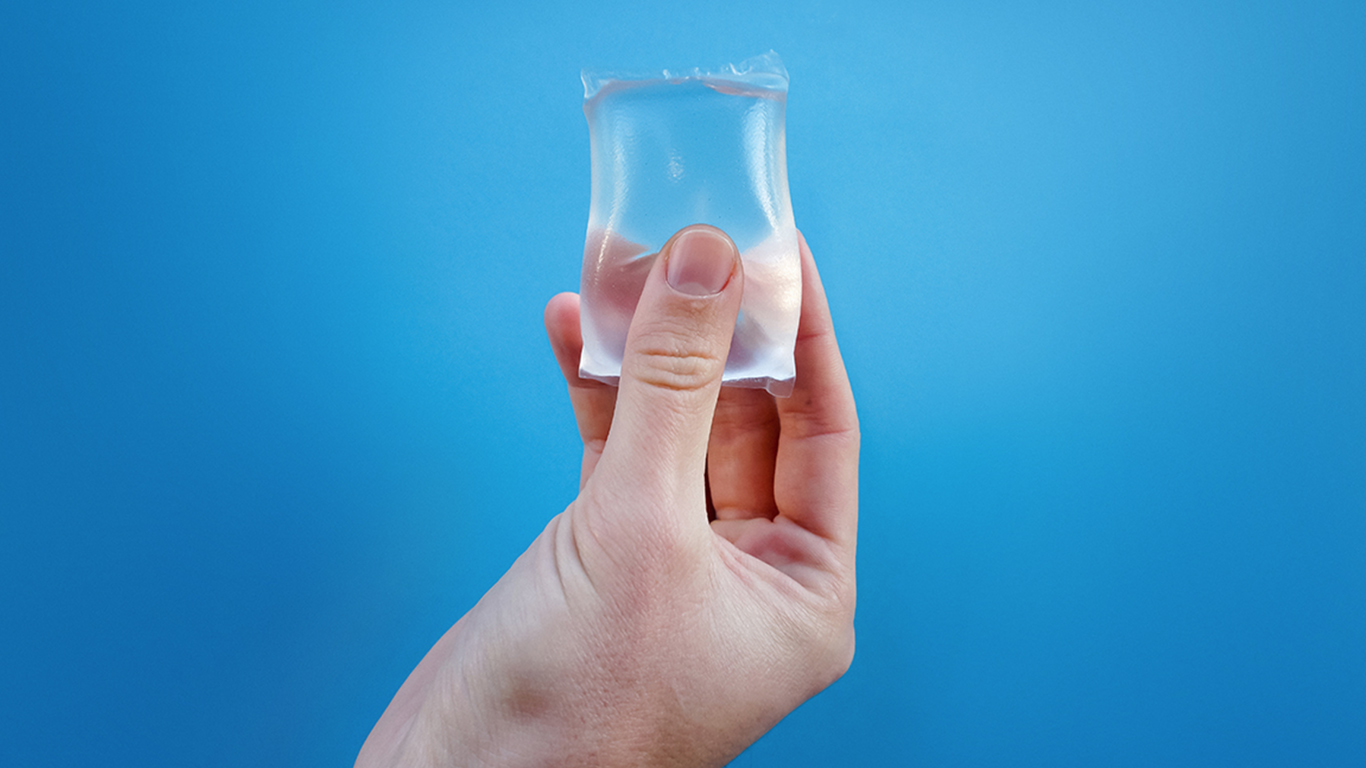
Edible water bottles
At first glance, this is not intuitive. Eating the packaging of the product? It’s possible. After all, it’s made from plant-based materials. Ooho is made from seaweed-extract. The material degrades in a natural environment in six weeks on average — as opposed to 450 years for plastic bottles — unless you eat it.
[in-text-ad-2]
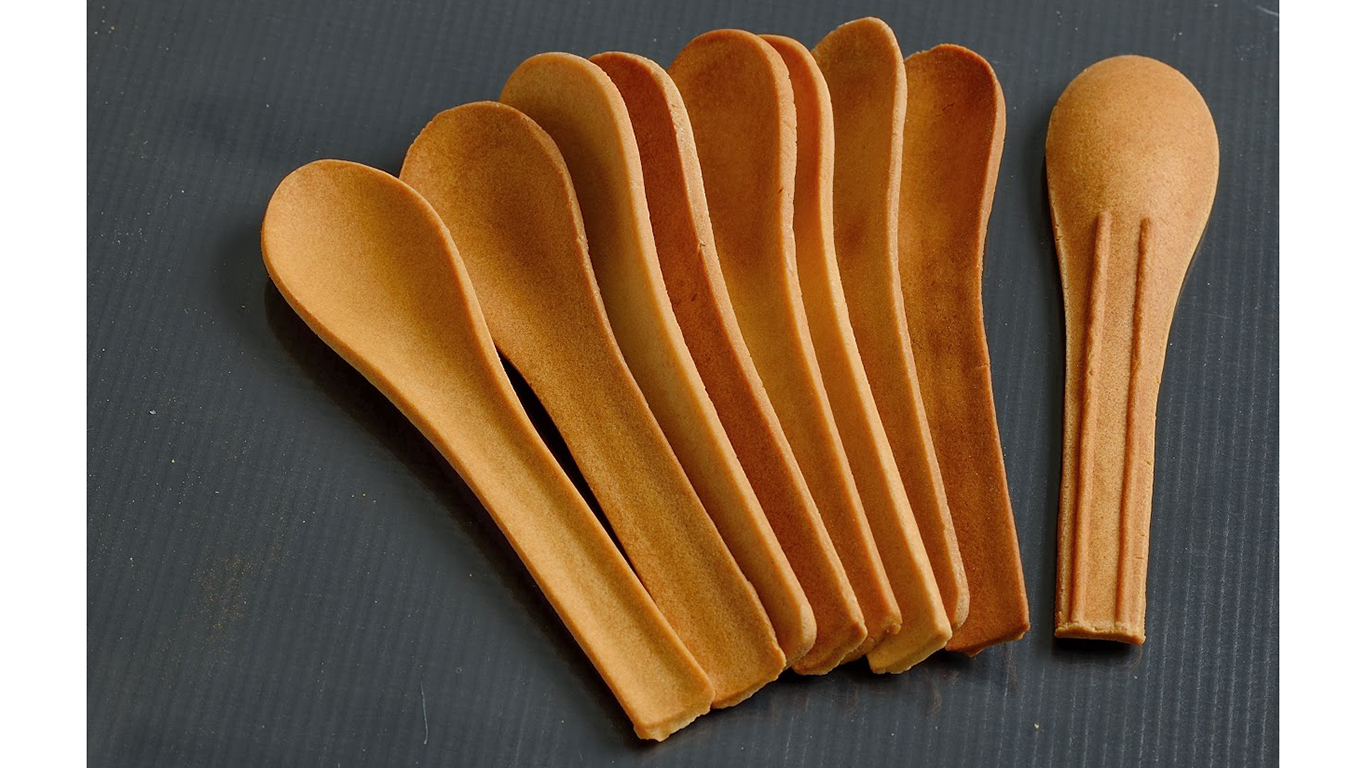
Edible forks, spoons, and chopsticks
Another type of popular plastic product you no longer have to worry about — because you can eat the alternative — is cutlery. Bakeys spoons, forks, and even chopsticks are made of sorghum, rice, and wheat flour. They are baked in moulds and sometimes flavors are added, too. You basically don’t have to buy dessert anymore — it’s already in your hands.
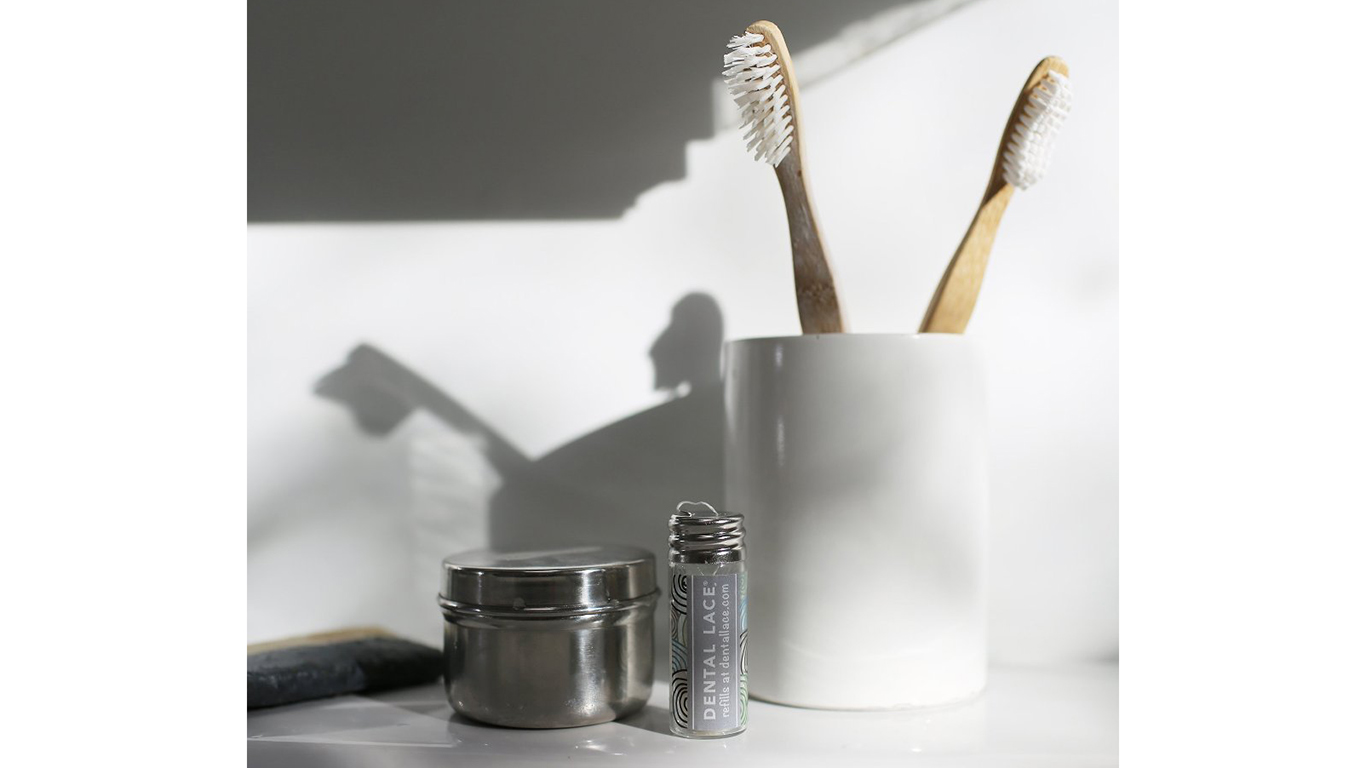
Bamboo toothbrushes
Considering that a person is supposed to use a new toothbrush every three to four months, it’s disheartening to think how much plastic waste we add to landfill sites from toothbrushes alone. Plant-based toothbrushes have been around for several years. All components, even the box and packaging, are made from bamboo or compostable castor bean nylon.
[in-text-ad]
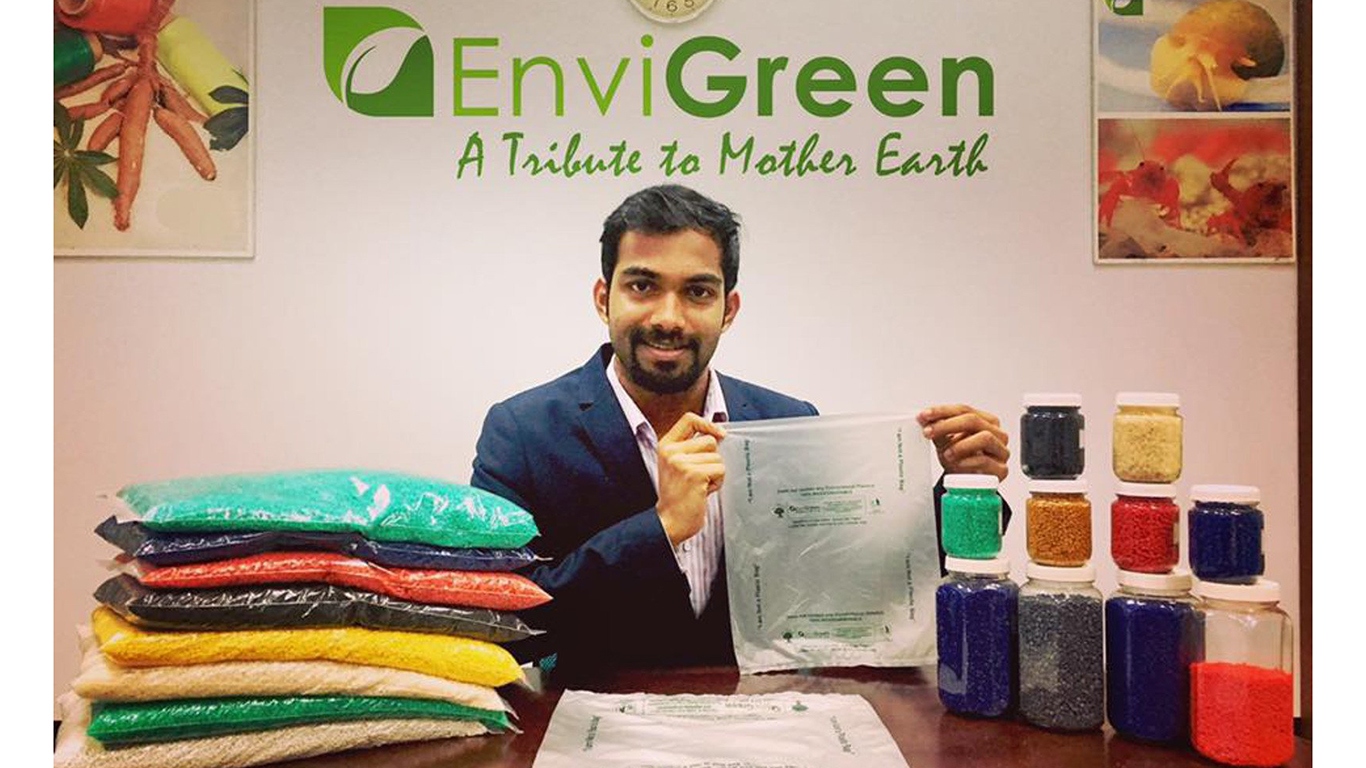
Store bags made of starch
Bags that can become food for animals after use and thus serve a double purpose? This may sound too good to be true but it’s a reality. EnviGreen is an Indian company that, as a result of many cities banning plastic bags, has found an alternative. Its solution is bags made of starch and vegetable oil derivatives. If animals don’t eat them in the end, the company says the eco-friendly bags will dissolve within a day.
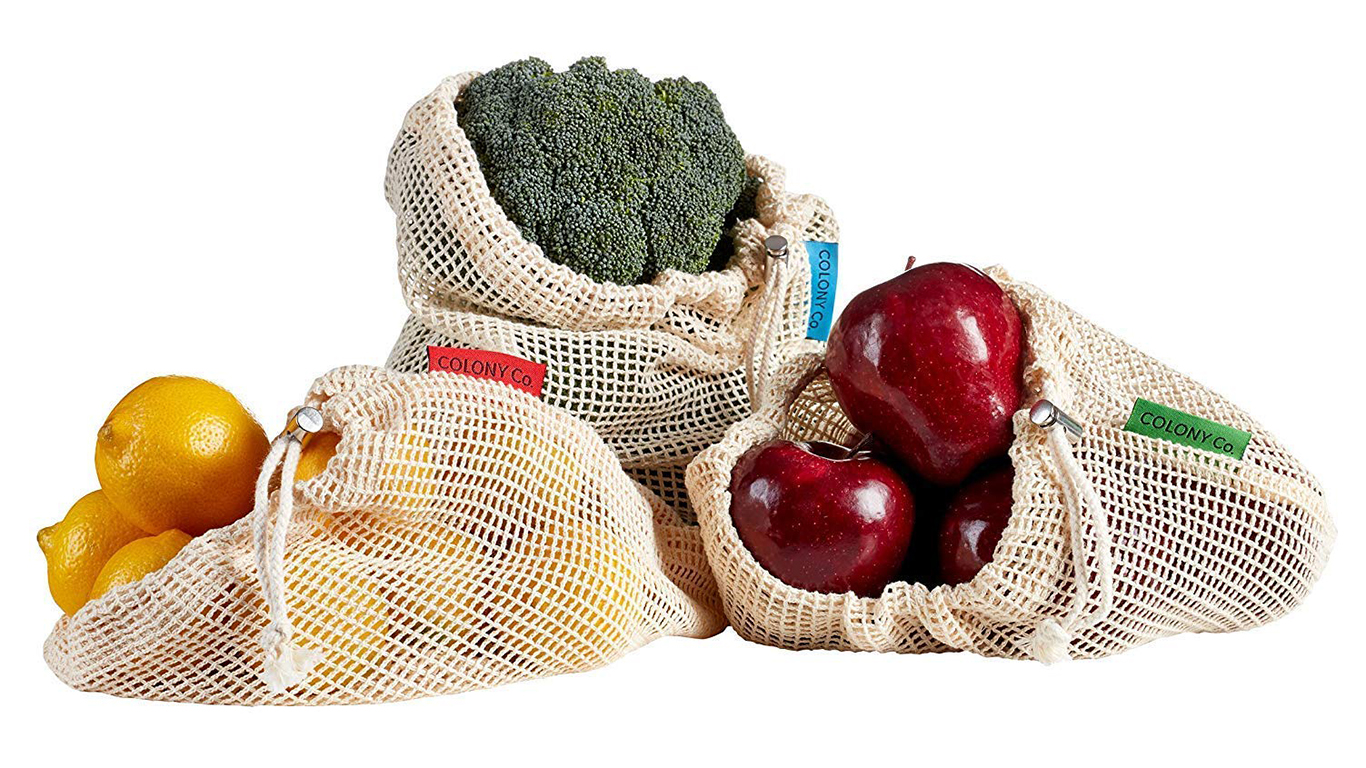
Cotton produce bags
Every different vegetable or fruit you get at the store is usually packed in a separate plastic bag. So people sometimes end up going home with 10-15 plastic bags after just one shopping trip. And the bags, sadly, will often simply end up in the trash bin without being reused again. There are many kinds of affordable and reusable bags made from 100% cotton mesh biodegradable material.
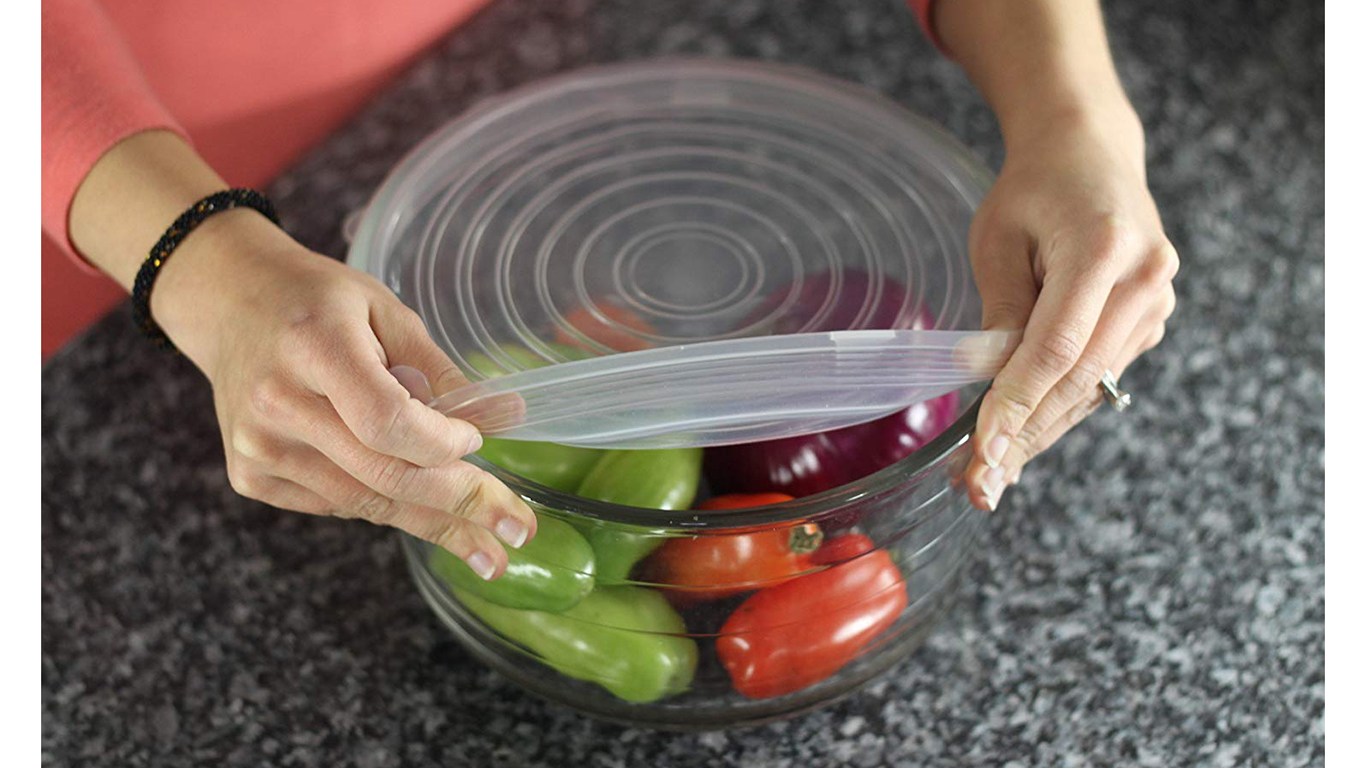
Silicone stretch lids
Silicone stretch lids are an elegant alternative to aluminum foil or stretch wraps that are so common. Just think of all the money you’ll save from not having to buy tupperware in all kinds of sizes. With silicone lids you don’t even have to worry about starting a fire by putting them in the microwave. They are made of silicone, so they can go there, as well as in the freezer and regular oven.
[in-text-ad-2]
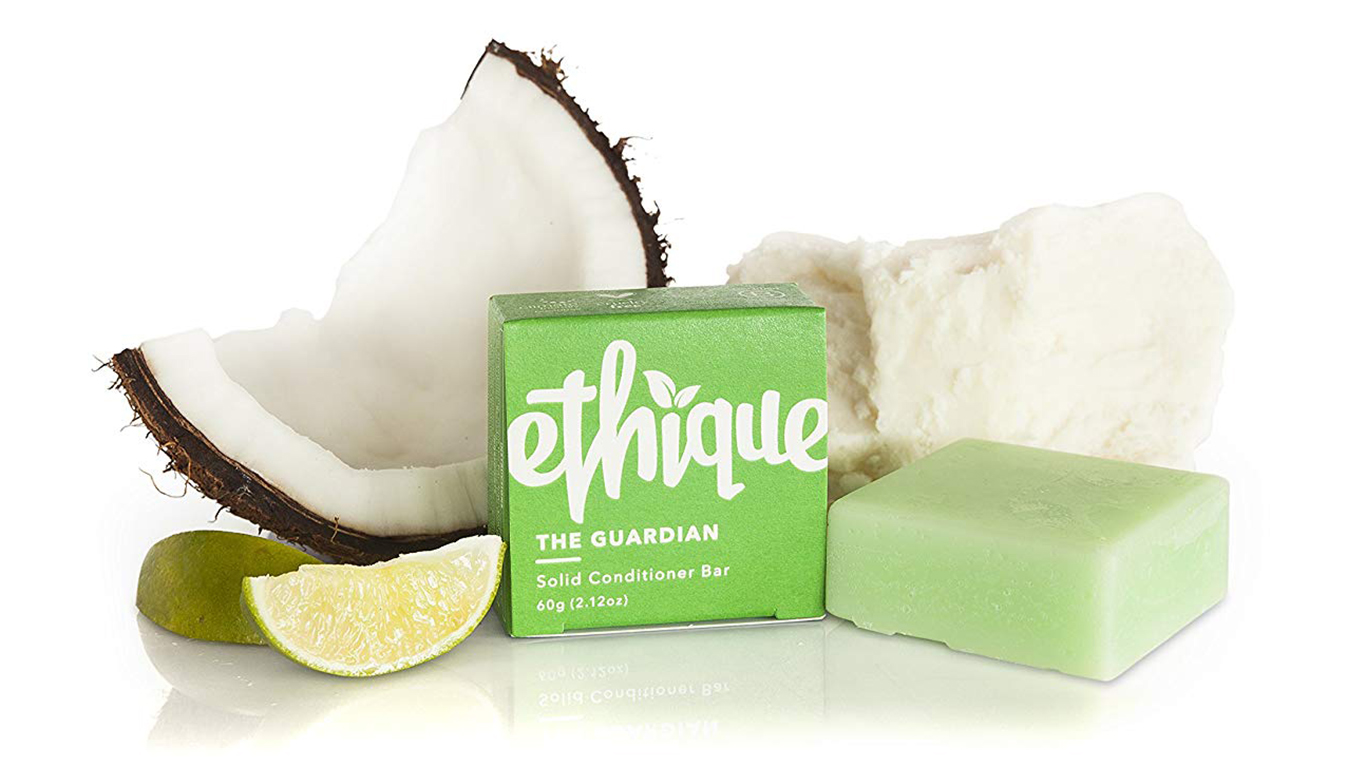
Eco-friendly conditioner bars
Just one Ethique eco-friendly solid shampoo bar is equivalent to five bottles of the liquid version. The bars are also available as conditioners, lotions, and face washes. The beauty company, whose name means ethics in French and which is based in New Zealand, was named the country’s most sustainable business. The bars are made of coconut oil, cocoa butter, kiwifruit seed oil and essential oils.
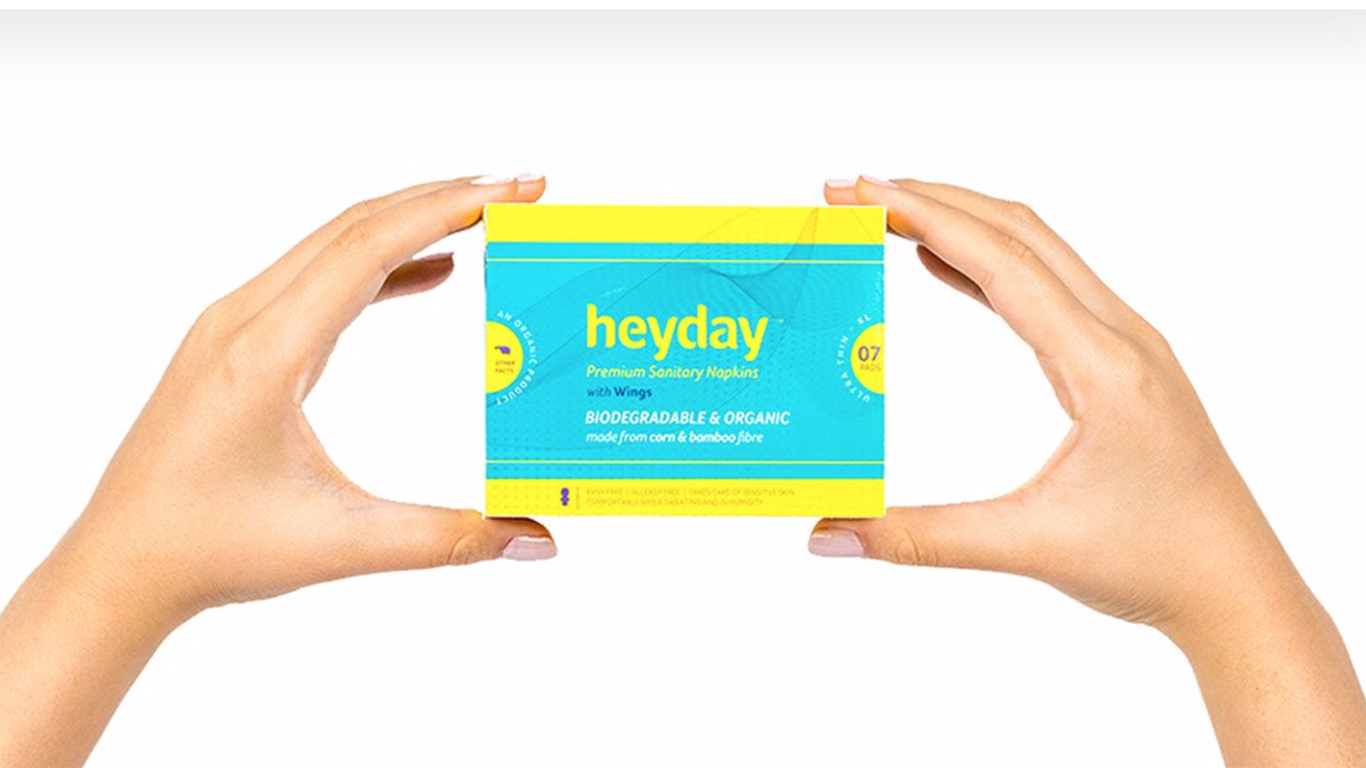
Plant-based sanitary napkins
The conversation about women’s hygiene is usually limited to where women lack the basics, such as sanitary napkins and pads. The impact of these products on the environment, a much less discussed topic, is enormous. A single pad, which is about 90% plastic, takes between 500 and 800 years to decompose, and millions of pads are used every day all over the world. Heyday makes sanitary napkins and pads from corn and bamboo fiber. They start decomposing just six months after disposal.
[in-text-ad]
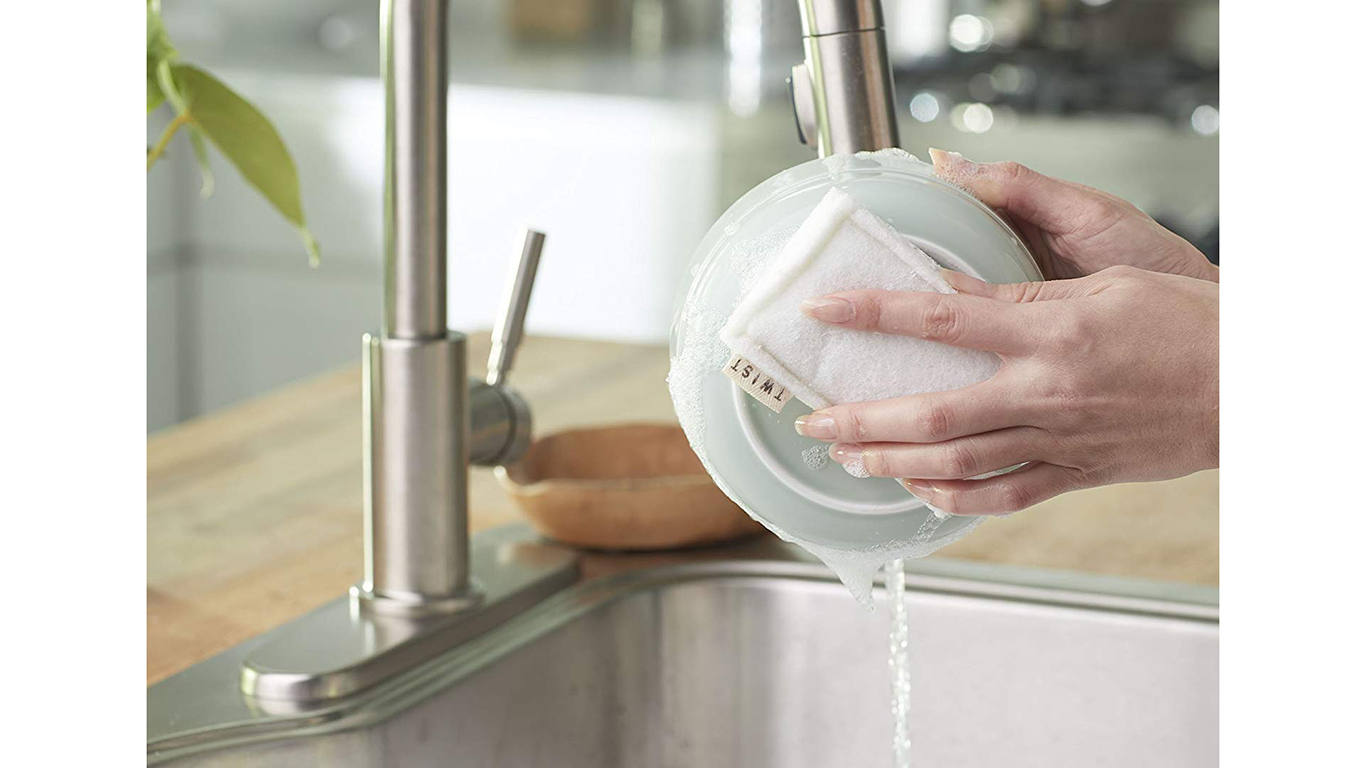
Natural scrub sponges
Sponges are among the dirtiest items in the kitchen. People use them multiple times a day, but how often do they really clean them in boiling water or in a microwave to kill the bacteria? The solution might seem to be for sponges, which are mostly made from oil-based plastic, to be replaced frequently, which means a lot of trash. A better idea is to use sponges made from plants, which last longer and are 100% compostable.
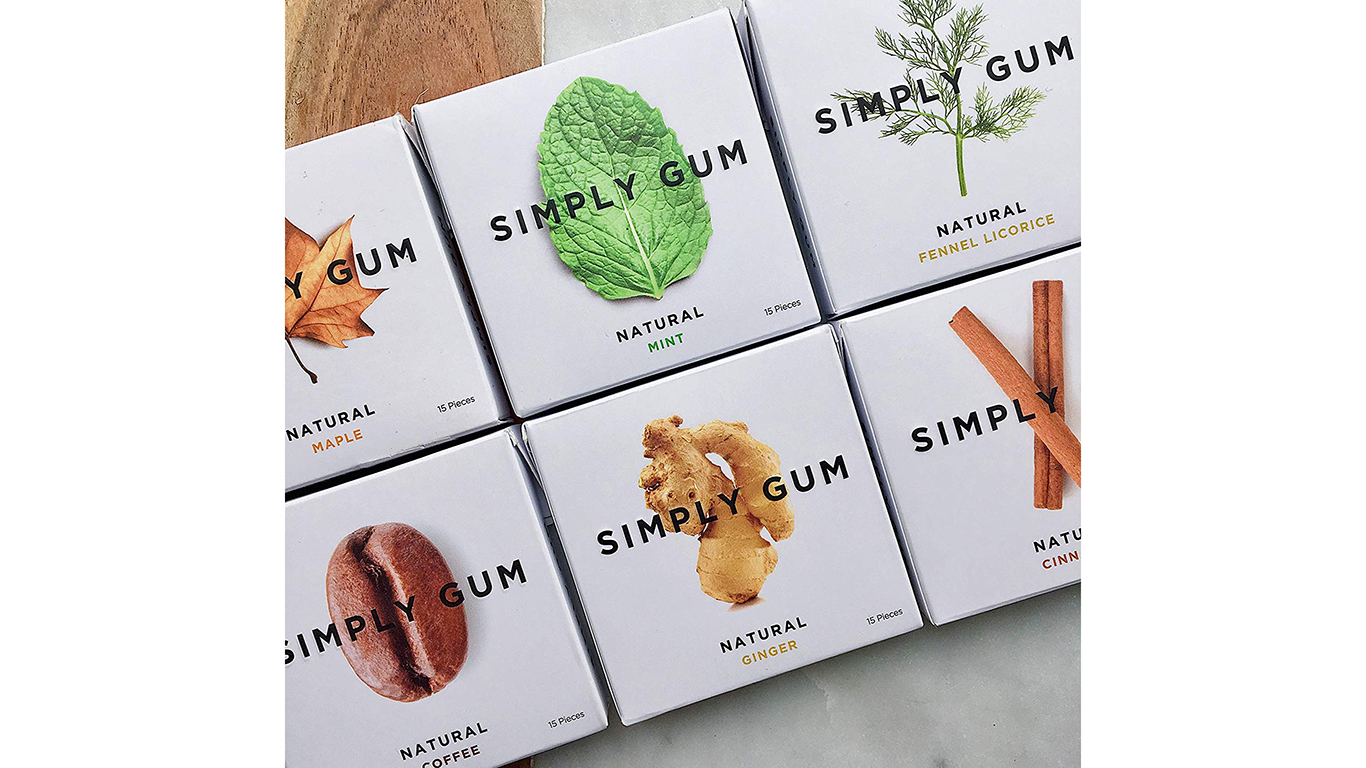
Plastic-free gum
Did you know that most chewing gum contains plastic and other materials, such as rubbers and waxes, that aren’t edible? The plastic is non-digestible which means it simply doesn’t break down in your body and you just carry it with you. It only seems logical then that a plastic-free gum would hit the market eventually. Simply Gum’s base is made of harvested chicle (tree sap) instead of plastic and it contains no artificial ingredients.

Beeswax food wraps
Beeswax food wraps are another alternative to the ever-present plastic bags for food storage. You can buy them online or you can make them yourself. All you need is beeswax beads, some kind of fabric, baking sheets, and parchment paper.
[in-text-ad-2]
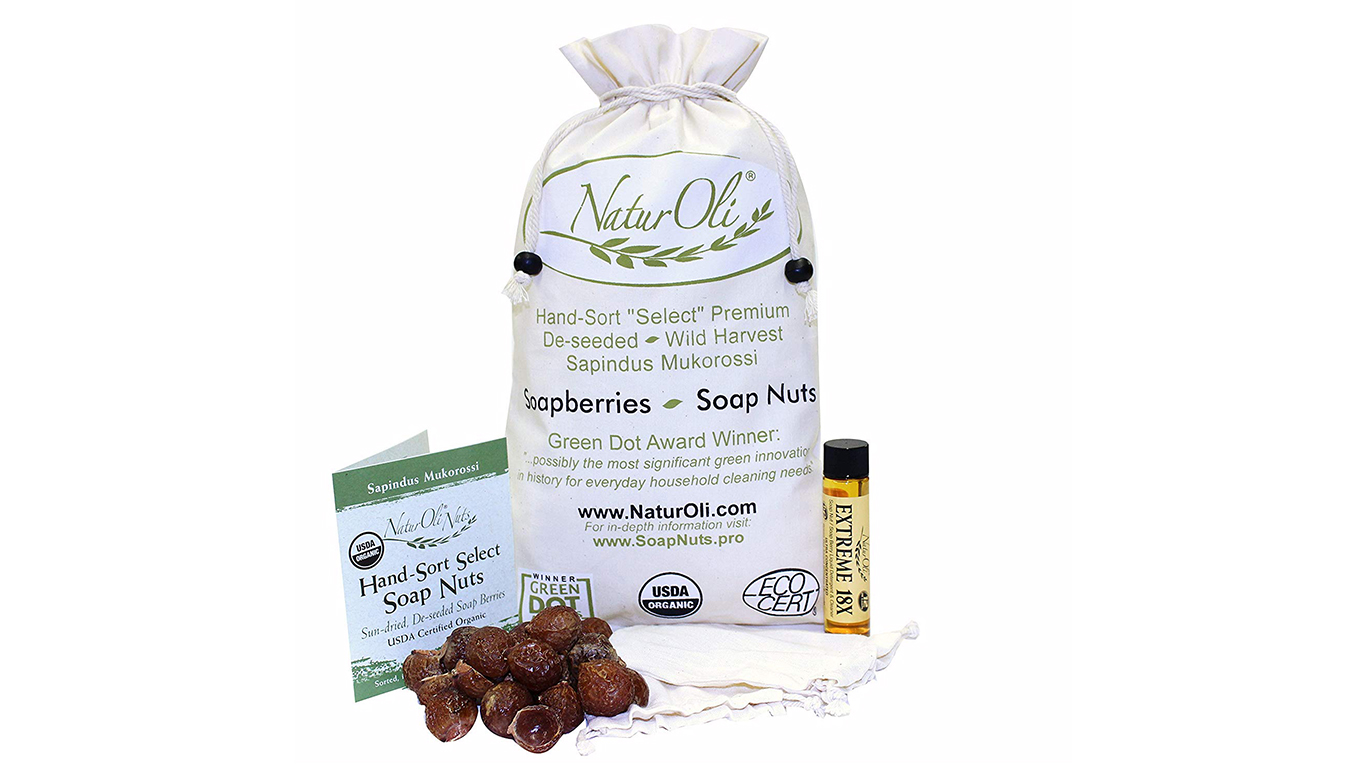
Soap nuts
The name is a bit deceiving because they don’t contain any soap; they just act like they do. Soap nuts are a berry shell that work like a regular detergent but contain no chemical additives. They grow in the Himalayas. These nuts clean the clothes thanks to saponin, a natural cleaning agent. It gets deep into the clothes fibers, removing stains and dirt that are later rinsed away. Imagine the amount of plastic laundry jugs you’d be sparing the environment from.
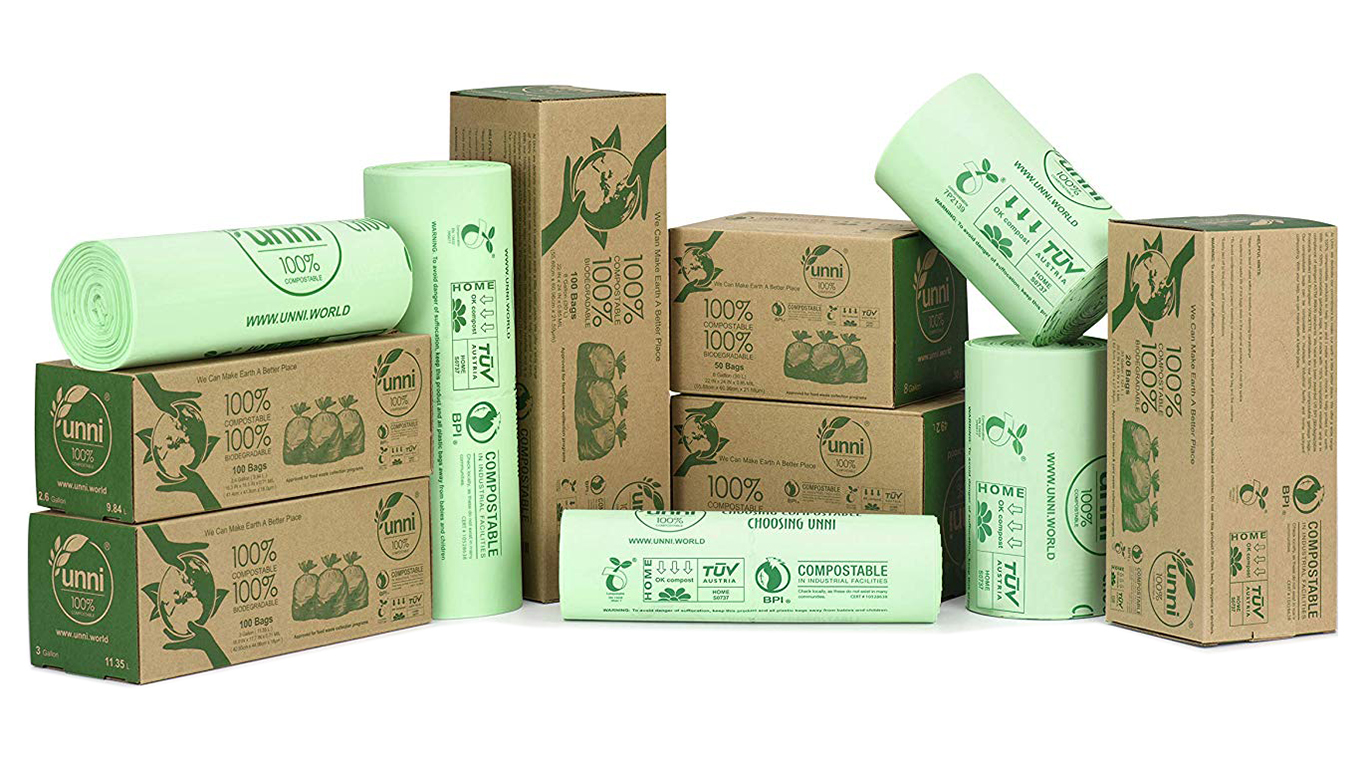
Compostable trash bags
Despite all the talk about plastics and saving the environment, not a lot of focus is put on trash bags, which are made of plastic. Usage of plastic garbage bags has increased steadily over the last few years. Compostable trash bags can be made from potato starch, with no plasticizers whatsoever.
[in-text-ad]
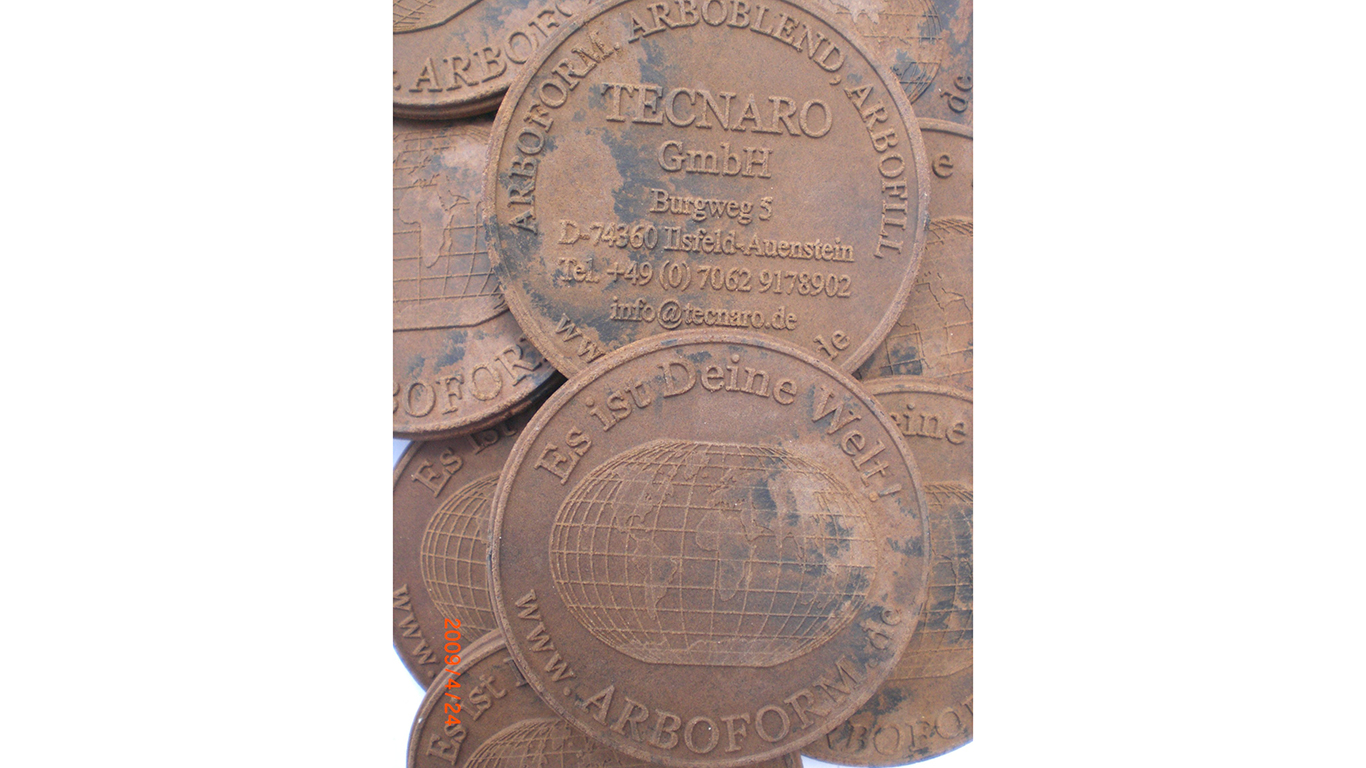
Liquid wood
Liquid wood, or arboform, is a bioplastic composed of wood pulp-based lignin, hemp or flax, and wax. When mixed with other materials, it creates a non-toxic alternative to petroleum-based plastics. Liquid wood is already used to make certain car parts, boats, decks, and other items.
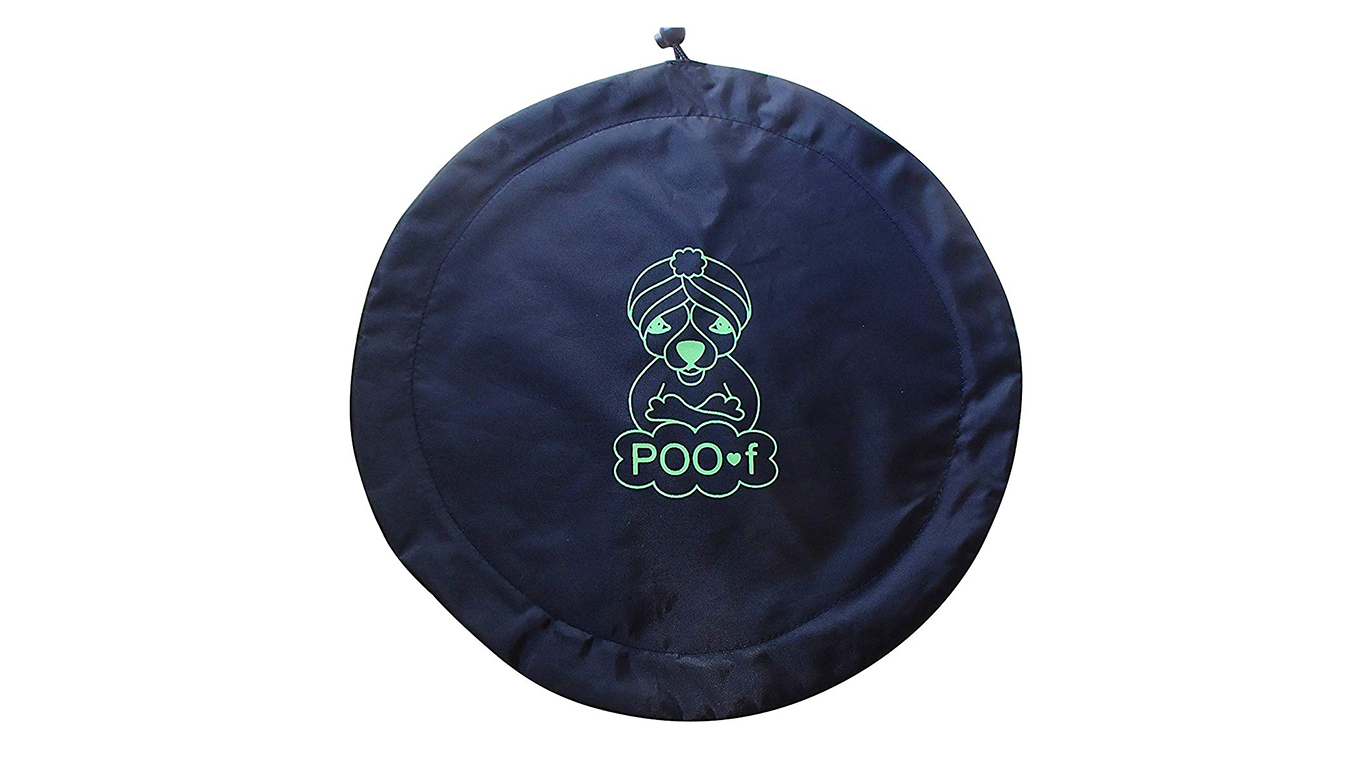
Dog waste bags
More than 43 million households in the United States own one or more dogs. Each has to be walked at least twice a day. People usually clean up after them with plastic bags. That is at least 86 million plastic bags a day thrown out and left to decompose in landfills or oceans for decades to come. This could easily be avoided if people used a single waste bag over and over again, one that can be washed and dried quickly. Luckily, it’s already on the market.
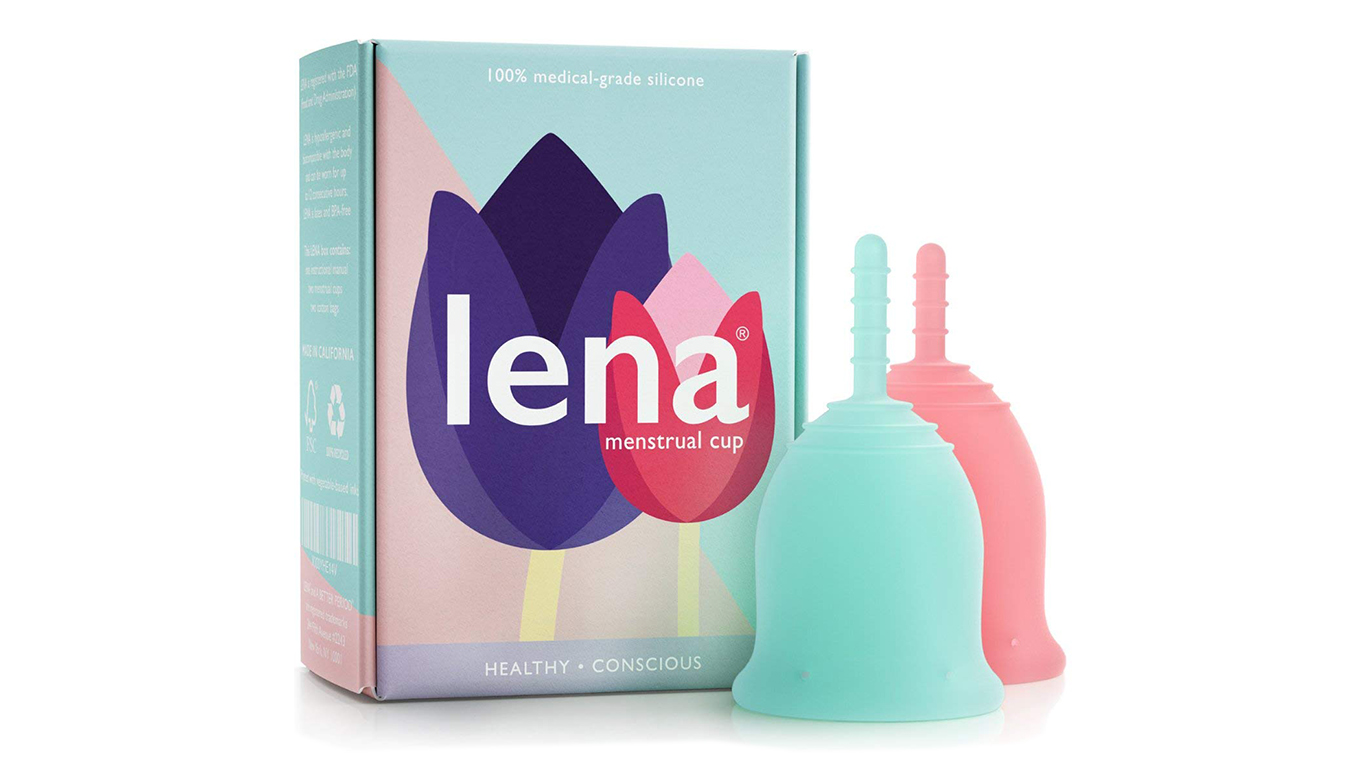
Menstrual cup
Women have to change pads or tampons every few hours. And a menstrual cycle usually lasts 4-5 days, and even a week. Do the math and you’ll get a very big number for pads and tampons, which can contain up to 90% plastic, filling up landfills every year. Menstrual cups that women can use again and again have gotten popular over the last few years. The cups can even hold up to three times as much liquid as a tampon.
Want retirement to come a few years earlier than you’d planned? Or are you ready to retire now, but want an extra set of eyes on your finances?
Now you can speak with up to 3 financial experts in your area for FREE. By simply clicking here you can begin to match with financial professionals who can help you build your plan to retire early. And the best part? The first conversation with them is free.
Click here to match with up to 3 financial pros who would be excited to help you make financial decisions.
Have questions about retirement or personal finance? Email us at [email protected]!
By emailing your questions to 24/7 Wall St., you agree to have them published anonymously on a673b.bigscoots-temp.com.
By submitting your story, you understand and agree that we may use your story, or versions of it, in all media and platforms, including via third parties.
Thank you for reading! Have some feedback for us?
Contact the 24/7 Wall St. editorial team.